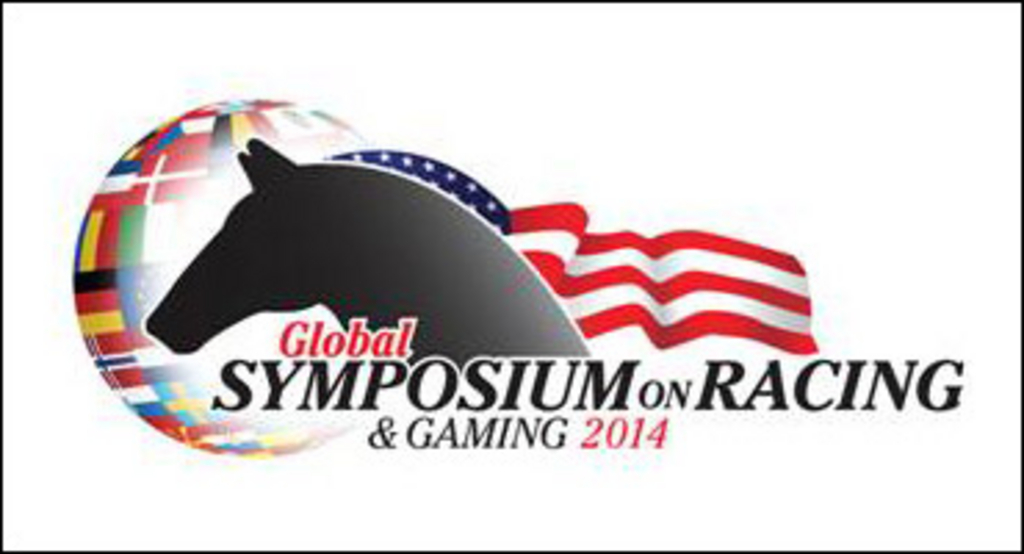
“If we paid down to seventh place, we might have more horses racing more often."
Attendees at the 41st annual Global Symposium on Racing & Gaming enjoyed another full menu of expert panels on Wednesday covering such divergent topics as digital marketing, global wagering, and ADW issues.
A trio of professionals savvy in social media detailed how tracks and other businesses can marshall the power of Facebook and Twitter to capture new customers and increase business.
Ben Conoley, a senior marketing consultant with Salesforce, which advises many corporations on their social imprint, emphasized that a business must not only listen to what is being said about it on social media, but also pay attention to conversations about competitors.
“Find out what your competitors are doing right—and what they are doing wrong,” said Conoley.
He stressed that close attention to social media can allow a business to avert a crisis before it happens.
Jennie O’Herrick, an online marketing professional for PARX, a Pennsylvania track, said that tracks should be quick to jump into trends such as Throwback Thursday.
“You should also join in on the use of clever and popular hashtags,” she said.
O’Herrick then listed a number of tools that tracks and gaming companies can use to enhance their social media impact.
Yenni Vance, Digital Communications/Social Media Director for Remington Park and Lone Star Park, advised attendees to “listen, analyze, engage, and have a digital strategy.”
She said that tracks must think beyond Facebook and Twitter to stay ahead of social media trends.
The day began with an update on global wagering markets from experts from North America, Hong Kong, and Australia. As more and more North American tracks import simulcast signals from foreign sources, they must educate horseplayers to racing from a new source if they expect them to bet with confidence.
The afternoon sessions started with an eye-opening discussion of funding and fraud issues in Advance Deposit Wagering. Credit card companies reject a significant percentage of gambling transactions and providers must be ever-vigilant to people trying to game the system.
The panel moderator Vin Narayan, editor of Casino City, cited the case of a woman in New Jersey who gambled and lost $12,000 in online transaction. She then tried to claim that her identity had been stolen and that she didn’t authorize the wagers. Investigators saw through her claims and she was later charged with fraud.
James Cassidy, president of the California Thoroughbred Trainers, said in a morning panel that the problem of short fields in racing might be solved if more horses get a piece of the purse in each race.
Cassidy said that in racing one-fifth of the horse owners make 80 percent of the purse money while four-fifths of the owners make only 20 percent.
Both Cassidy and his fellow Californian, Rick Baedeker, executive director of the California Horse Racing Board, agreed that tracks often unwittingly are so anxious to cater to serious horseplayers that they turn off newcomers.
Cassidy likened understanding the Daily Racing Form to solving a Rubik’s Cube for a newcomer.
Baedeker said that the onslaught of information overwhelms the first-time fan, and added, “No one likes to feel stupid.”
He suggested that tracks produced “cool apps” for mobile phones that explain the jargon of racing and to make it easier for young fans to understand.
The Global Symposium on Racing & Gaming is sponsored by the University of Arizona Race Track Industry Program, and it concludes on Thursday at noon.
(RTIP)
Related Stories

